Cuts that made ‘Censor Man’ Pahlaj Nihalani infamous
The Udta Punjab controversy continues to be in focus as producer Anurag Kashyap refuses to back down. Ever since Pahlaj Nihalani was appointed the chairman of the censor board in 2015, he has snipped away scenes at will from several Indian and international films on the basis of religious, sexual and moral grounds. Strangely, certain films were passed. Why?
Nihalani continues to handcuff the industry in spite of the dissent he faces from the film fraternity. Here’s Nihalani’s hypocrisy at its best.

Acceptable Indian Goddesses: Angry Indian Goddesses was the first Indian film that focused on the life of women in India shown through seven female protagonists. So, according to the board, it is all right if lecherous male characters pass lewd comments at women in films and not so all right when female characters do so. All lewd references that the female characters make, including words such as ‘maal’, lunch (a man) and ‘I have the perfect Indian figure’ (a fuller butt) were removed from the film. Additionally, all images of Indian goddesses used in the opening credits were snipped.
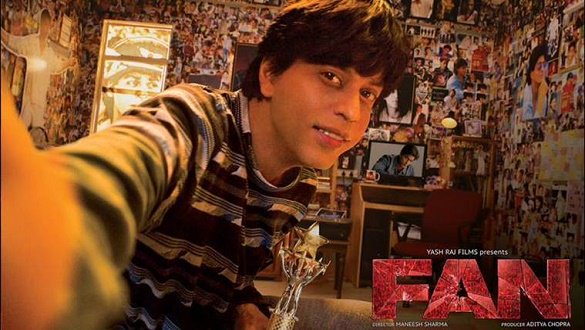
Not a big Fan: Shah Rukh Khan’s Fan also went under the scissors for showing India in ‘true light’—a scene involving ‘prolonged police brutality’ was cut short.
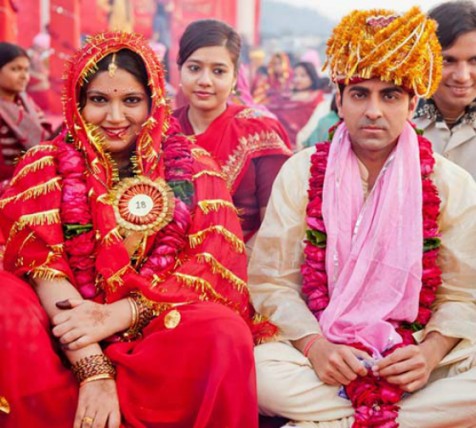
No homosexuality: Any mention of homosexuality is removed from all films as Mr Nihalani considers un-Indian. The word ‘lesbian’ was muted in Dum Laga Ke Haisha. We wonder how Fawad Khan’s gay character in Kapoor & Sons got the nod.
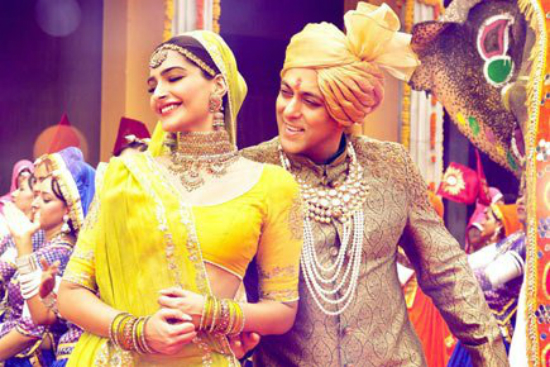
The most sanskaari film-maker: Believe it or not, even Sooraj Barjatya, the most sanskaari film-maker in Bollywood, faced issues with the board over his last film Prem Ratan Dhan Payo. It removed the word ‘rakhail’ (mistress), Slaman Khan’s Ram-Leela sequence and a scene that showed a man being hanged.
HOLLYWOOD UNDER SCANNER:

The last Bond film Spectre became a butt of jokes after a particular kissing scene was cut to less than half. Nihalani justified the cut saying that the kiss was too long for the comfort of Indian audiences. But when Arjun Kapoor and Kareena Kapoor’s kissing scene was passed without a cut in Ki & Ka, Nihalani said, “They are a married couple in the movie. It is normal to show intimacy between a married couple.” All right, sir. That makes so much sense.
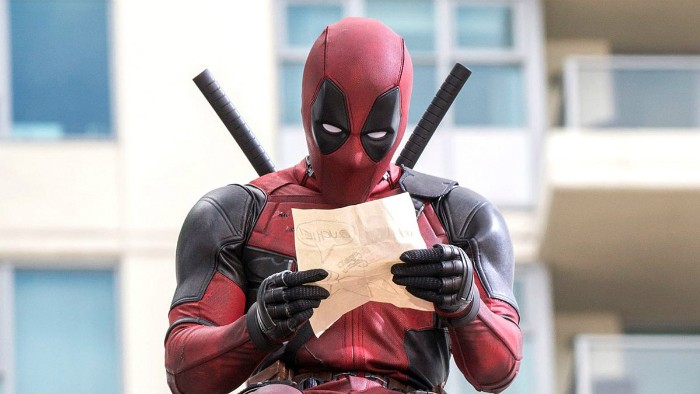
Several scenes from the Ryan Reynolds starrer Deadpool were cut. So, if you’ve watched the film at the cinema, you haven’t watched the REAL film. Here’s what was also removed from the film—references to male-female reproductive organs, lovemaking and strip club scenes, explicit violent scenes in which heads were blown away and hands were chopped off, etc.
FILMS WHICH NEVER MADE IT TO INDIAN THEATRES:
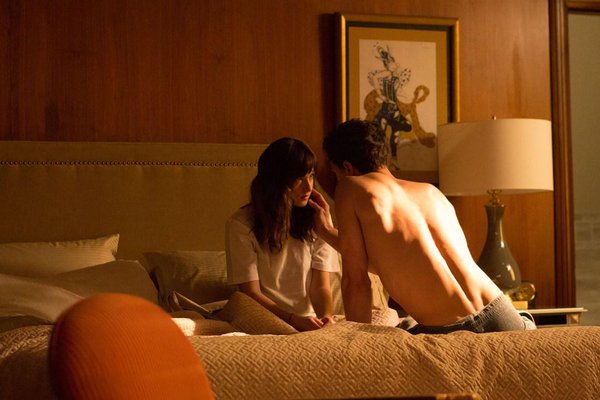
50 Shades of Grey: The film was banned for Indian audiences due to . . . duh! Should we really say it? Well, excessive nudity and erotic scenes!
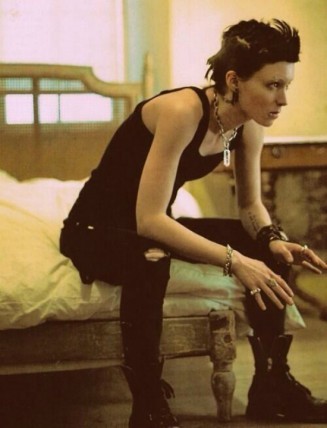
The Girl with the Dragon Tattoo: The film was never released in India because David Fincher refused to cut out scenes involving rape, full frontal nudity and lesbians making love.

Blue Jasmine: Woody Allen’s masterpiece that earned actress Cate Blanchett an Oscar for the Best Actress that year failed to make it to Indian cinemas because he refused to put a ‘No Smoking’ disclaimer each time a character lit up a cigarette on screen.
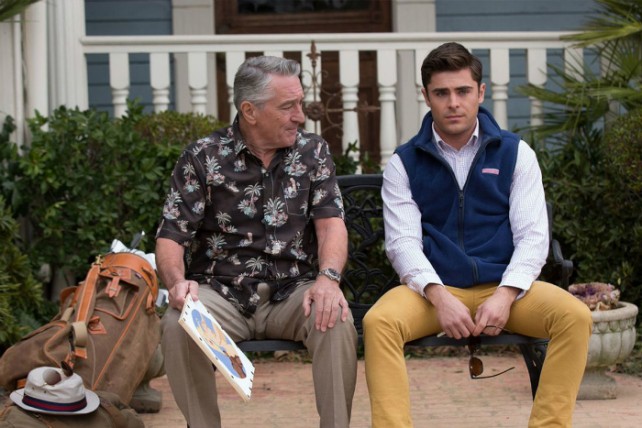
Dirty Grandpa: The Robert De Niro and Zac Efron starrer too failed to hit the screens owing to De Niro’s ‘sleazy’ character in the film. After all, the 70 plus men in our country are all ‘sanskaari’ . . . ahem!
Also read:
Bollywood dialogues that best describe the Udta Punjab controversy

OMG-inducing, share-compelling, like-attracting, clutter-breaking, thought-provoking, myth-busting content from the country’s leading content curators. read on...
